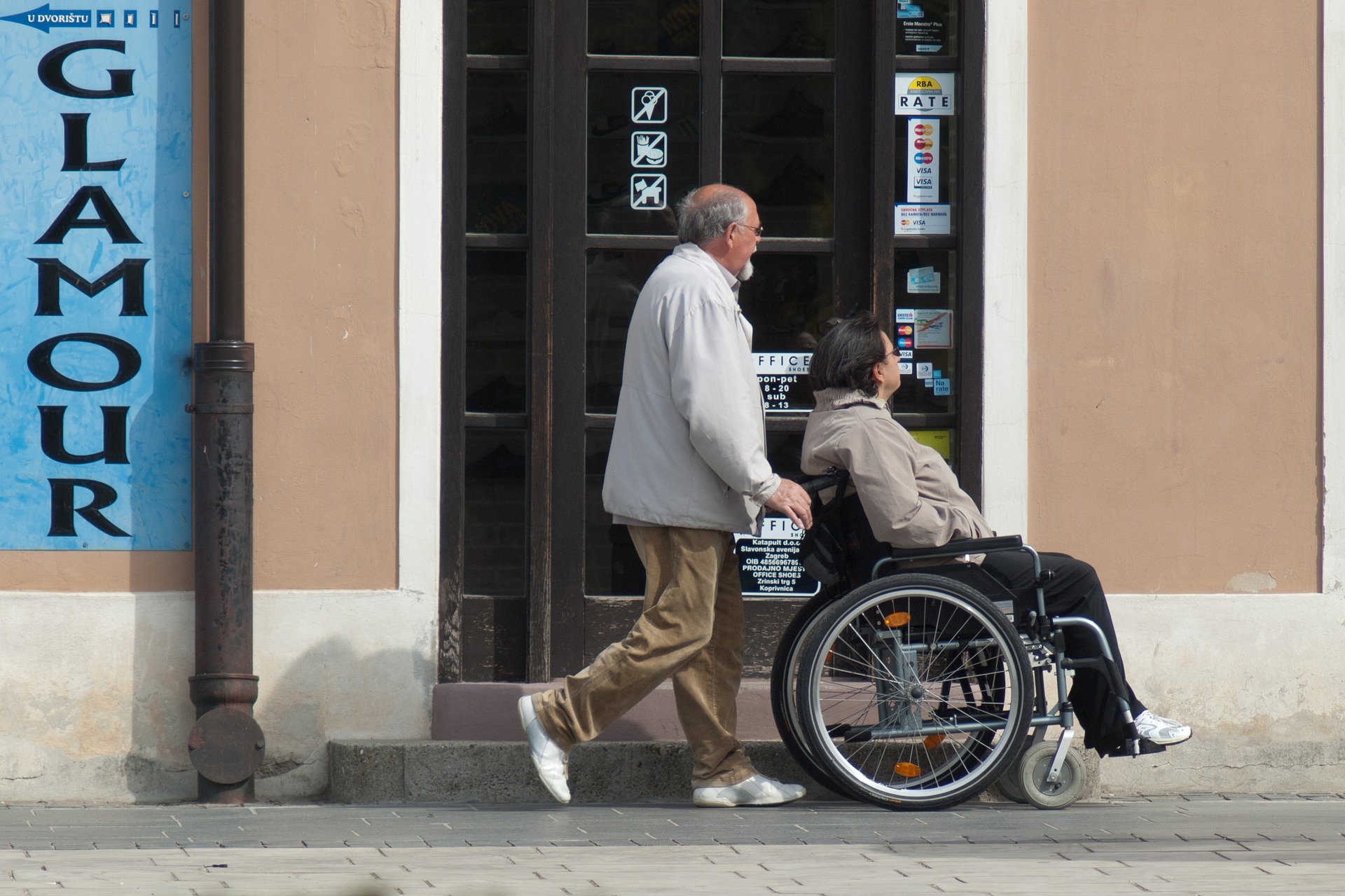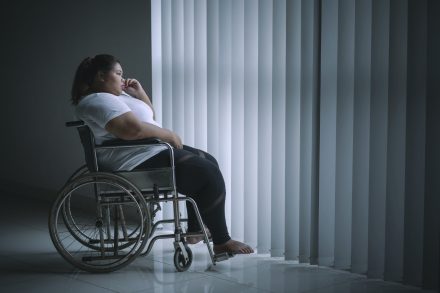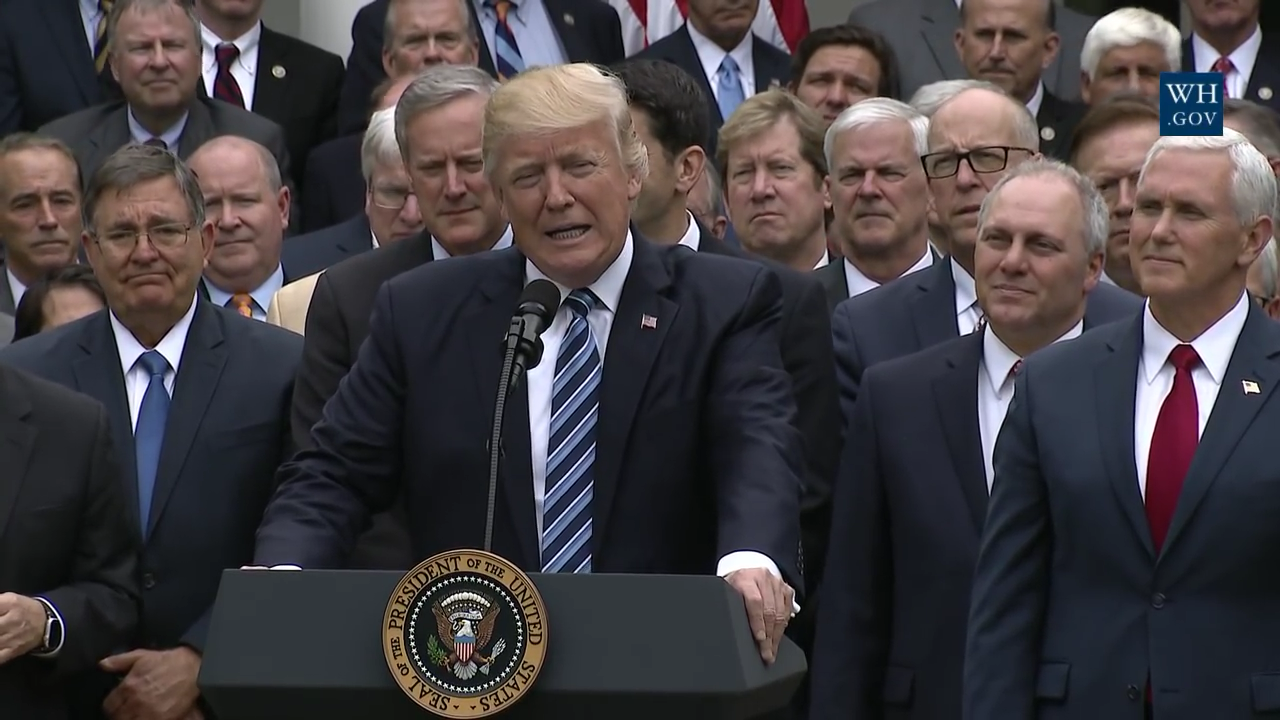Why Would the IRS Make It Harder for People to Get Recovery Rebates?


The recovery rebates in the CARES Act (aka the third COVID-19 bill passed by Congress last week) provide direct payments to households. It’s not too controversial of a statement to say that it’s critically important to get cash in the hands of people with low incomes during times of economic crisis.
Unfortunately, there are signals from the IRS that they will be making seniors and veterans jump through additional and unnecessary hoops to get those payments. Specifically, the IRS is suggesting that seniors who receive Social Security benefits, individuals with disabilities, and veterans—who usually do not file tax returns—will need to do so in order to get their rebates.
This requirement will make it harder for seniors and veterans to get the rebates. Partly because they may not even be aware of the rebates, they may not know they need to file a tax return to get them. They usually don’t file tax returns, so it may be confusing to do so—and hard to know where to get help. Even if they will be able to file a tax return online, they may not have internet access or otherwise feel comfortable filing a tax return over the internet when they’re not accustomed to doing so.
What’s more, we know that making seniors file tax returns to get a direct payment like recovery rebates means that people will miss out. In 2008, 3.5 million Social Security beneficiaries and veterans never received a stimulus payment from the American Recovery and Reinvestment Act (ARRA) because they were required to file a tax return to get it. And there is every reason to believe that history would repeat itself now.
This is wrong-headed and frustrating because these are the people that we should be working hardest to get recovery rebates to. And the CARES Act actually gave the IRS authority to add the rebates to Social Security and other benefits automatically.
The recovery rebates already leave out many people who desperately need the boost in income —like , and excludes disabled dependents and children 17 and over (like college students). And people with low incomes who do not usually file tax returns will face this additional hurdle. The question for the IRS now is: why make it harder for more of the people who need these rebates the most, to get them? immigrant households in which not everyone has a Social Security Number — and exclude disabled adult dependents and children 17 and over (like college students). And people with low incomes who do not usually file tax returns will face this additional hurdle. The question for the IRS now is why make access harder for even more of the people who need these rebates the most?





